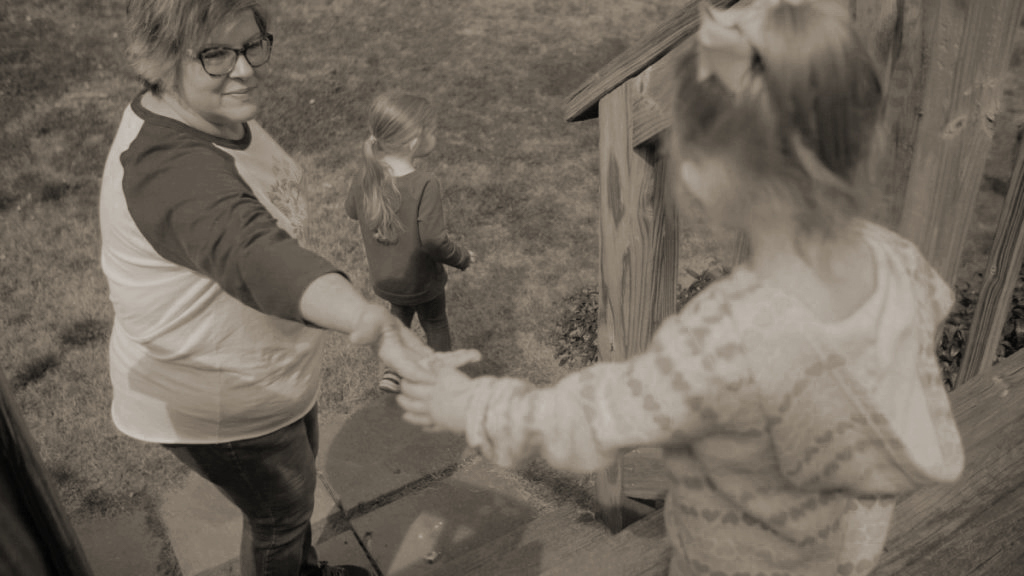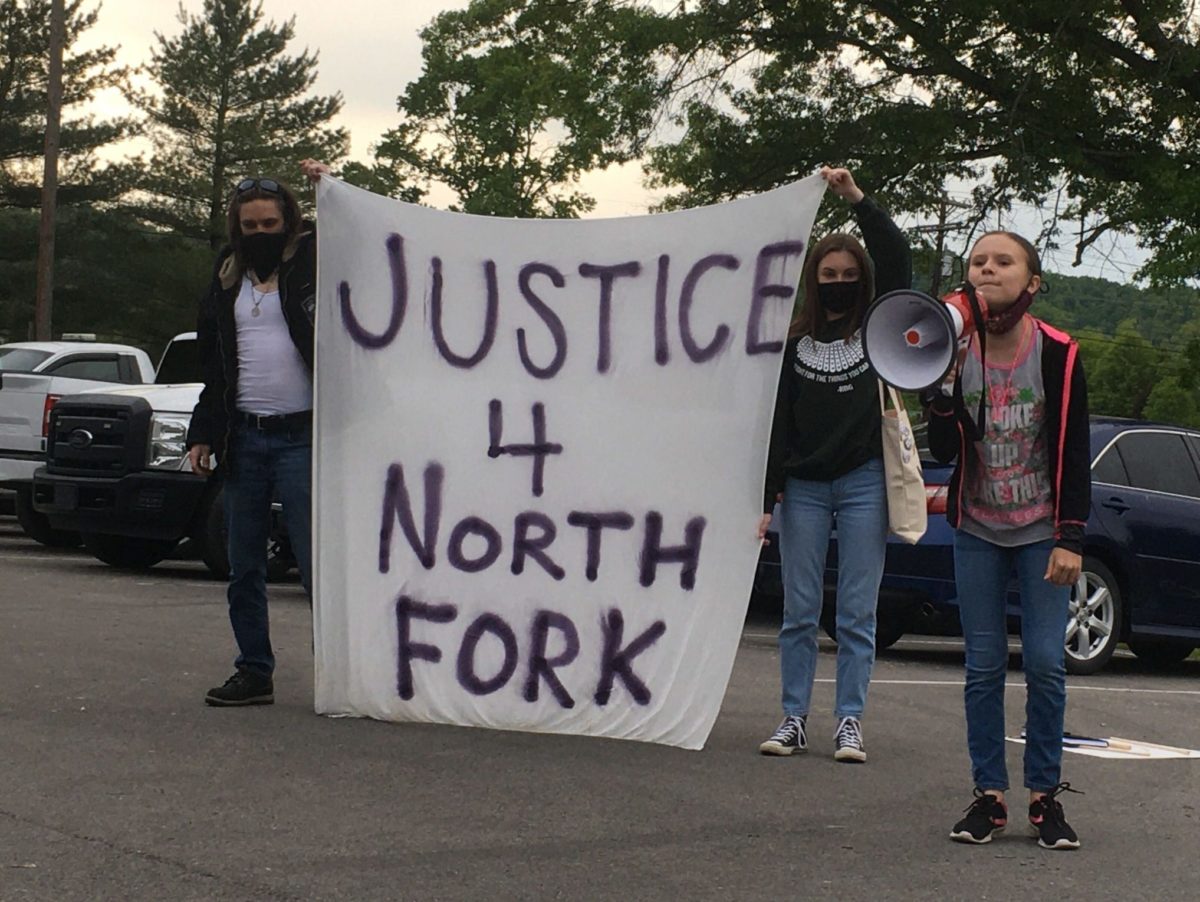I live in Birmingham, Alabama, in the shadow of Red Mountain. As far as mountains go, it’s a bump on the landscape. From my front door, it would take maybe an hour and a half to walk up and over it completely.
And yet, that mountain represents the lifeblood of this city. Birmingham is who it is because of that mountain.
See, we are the only place in the world where coal, limestone and iron ore exist together within a 50-mile radius of one another. We were a planned city, and we grew out of the landscape. The iron industry brought people to our area and sustained them. We are who we are because of the land.
Birmingham represents the tail end of the Appalachian Foothills as Red and Ruffner Mountains tower over our city caught in the Jones Valley, with Sand Mountain to the north. Our industry contributed to the World Wars, our medical university — the University of Alabama Birmingham — is one of the largest employers in the state, and our streets saw the tipping point of the ‘60s Civil Rights movement.
Appalachia is ancient. Our mountain range is the oldest on the continent and Birmingham’s section of the range is one of the richest, most biodiverse regions on the continent. Here in the foothills, our ecosystems predate the last ice age. Because our region wasn’t iced over and remained temperate, we became a nourishing oasis where species diversity flourished.
So too, our people are diverse. People draw from their surroundings.
You see, people are the land. It feeds us, gives us the resources for carrying on life, and largely determines how we’ll survive.
Poetry, therefore, is a conversation between people and their environment. Poetry is about working the dirt. It’s about crafting, tilling our environment, be it social, agricultural, political, cultural, etc. Poetry gives word to the language of survival. Our history, medicine, wisdom and culture are passed down through oral traditions. These traditions are poetry.
But all of these things are at risk.
In Alabama, our diversity of species is disappearing at an alarming rate. We have a higher extinction percentage than perhaps anywhere else on the continent. Industrial development and lack of preservation means we’re losing our species on a daily basis.
So too, preserving our oral traditions is a race against time as we recognize the value of the voices of our elders. We sprint to preserve those voices before they disappear entirely. COVID has made this race even more pivotal. Statistically, the Appalachian region has suffered from a lack of access to medical care. Couple that with the country’s lowest life expectancy rate and it equates to losing the voices of our elders at an exponential rate.
This is why poets are so important — because we recognize the value of the lives, resources, and culture around us. WE are the preservers, the vaults of wisdom of our people. And we take that value, record it, preserve it and pass it on to our community members for when they realize they need it. When the pandemic hit, people turned to the arts. They found comfort in the poets. For many homebound people their connection to the outside became the words of those who knew how to observe the world, those who had sat in nature, on park benches, walked along city streets for hours on end.
When the racial and political protests took center stage last year, the voice of the poets also carried the burden of grief of the people. Poets demanded more from us. They captured the hurting hearts and dared to imagine a world where justice exists.
When times turn tough, we turn to the poets. And yet, poets carry on their work during the “good times,” when people aren’t immediately pressed or made to feel the urgency of justice, human rights, the disappearing of our land and ecology. The poets are still grieved. Their hearts are turned to the work of preserving the grief, offering hope, and charging us with our duty for being better — doing better.
Poetry and poets are connected in a long line of ancestors. When one is a poet, they tap into the tradition and ancestors who have come before, and they recognize that there are others to come after us. Poets protect the people. We protect the land. We acknowledge the larger picture of the world and can extrapolate through the imagination what sort of world we are shaping for those to come. We are the soothsayers, the seers, and prophets.
We carry the ancestors with us.
History happens every day. Those who notice are the poets. Poets stand as observers and critics. They stand to dream, imagine and call out the best and the beautiful in life. They know more than most the state of the world and where we’re headed from here. That is why we should read and listen to contemporary poets. They are the recorders of our history.
When we talk about poetry, we talk about what it means to be alive and what it takes to survive. We look to the ones who have gone before us and we prepare for the ones who will come after us. What’s more, poetry is not a closed community. It is here for all of us. Study, read, recite, share, write – we all have a part in its continuation.
Our existence is one long poem. Some of the stanzas are short and hard, some are flowing and contain a soft, dreamy quality. But we’re all woven together in the spellbinding power of words.
H.M. Cotton is the managing editor of the Birmingham Poetry Review, poetry editor for NELLE, and the founding director of the SPARK Writing Festival. Her work has appeared in places such as The Greensboro Review, Poetry South, and Smokelong Quarterly, among others. Cotton teaches freshman composition and literature courses at the University of Alabama at Birmingham.



